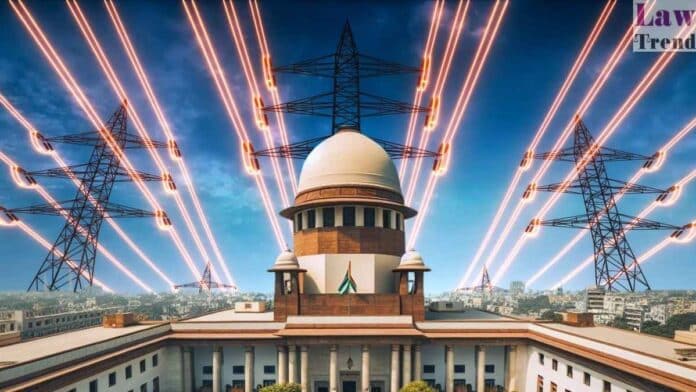In Powergrid Corporation of India Limited vs Central Electricity Regulatory Commission & Others, the Supreme Court on 5 May 2025 dismissed two appeals filed by Powergrid Corporation, holding that the replacement of damaged Inter-Connecting Transformers (ICTs) is not admissible as additional capital expenditure under Regulation 53 of the CERC Tariff Regulations, 2004. The Court also




